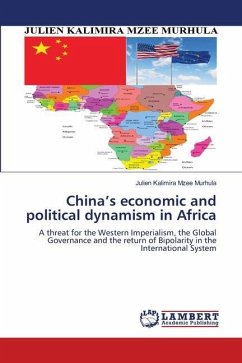The objective of this study is three-fold: (1) to demonstrate the widening disparity in telecommunications services access between the eastern coastal and the western inland regions of China; (2) to examine the historical, geographic, and policy reasons for the disparity; and (3) to offer solutions, policy recommendations, and a conceptual framework for universal service provision in western China and in regions with similar features. To accomplish the objective, this dissertation conducted a case study of telecommunications development in China. The findings suggest that despite the rapid development of overall telecommunications capability in China, a widening gap in telecommunications services access exists between the western and the eastern regions of the country. The study also suggests that the gap is a reflection of not only geographical and historical reasons, but more importantly, strategic considerations and national polices. In recent years, a more fundamental problemconfronting universal service provision in China has been the incompatibility between the need to provide services to disadvantaged regions.
Bitte wählen Sie Ihr Anliegen aus.
Rechnungen
Retourenschein anfordern
Bestellstatus
Storno








